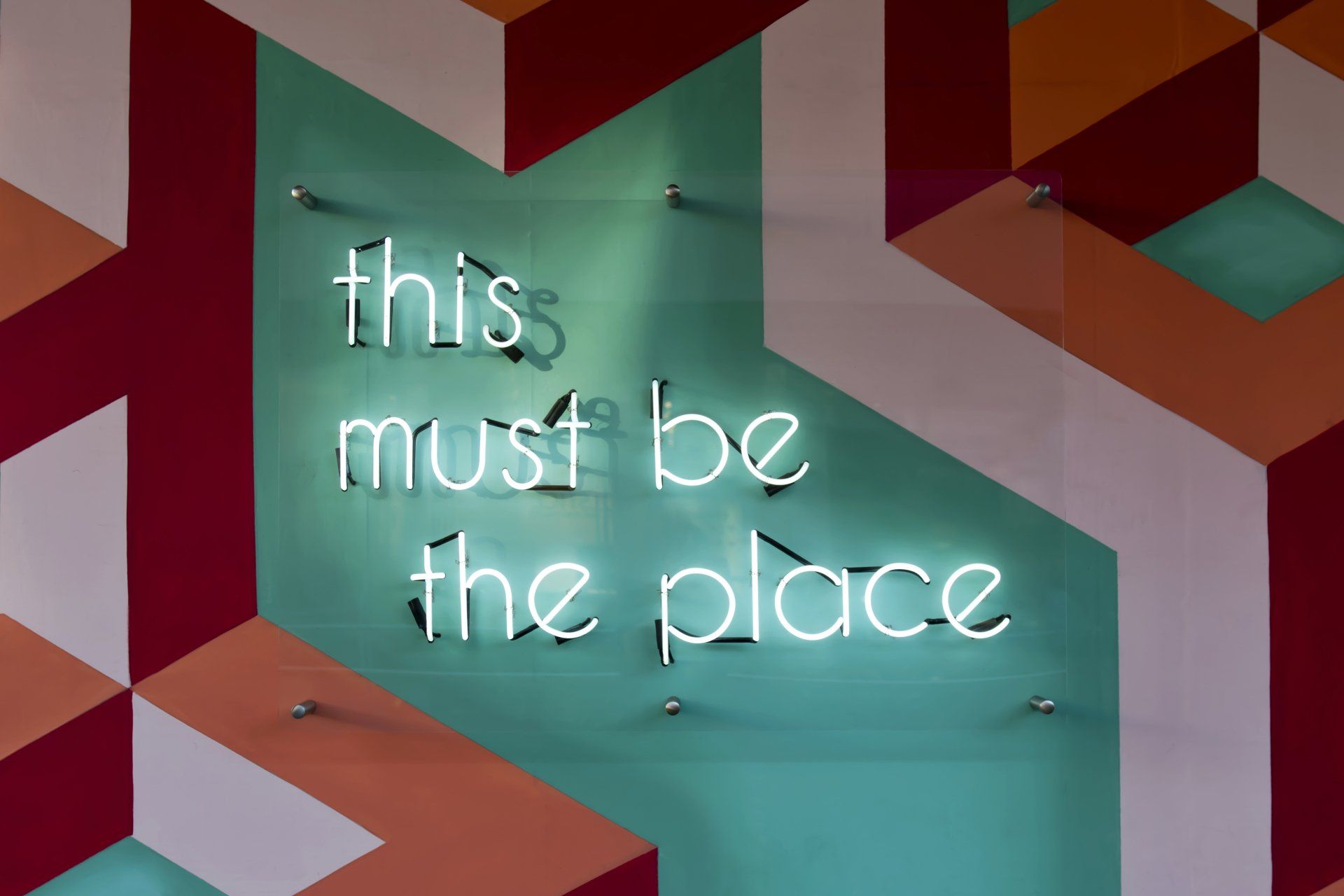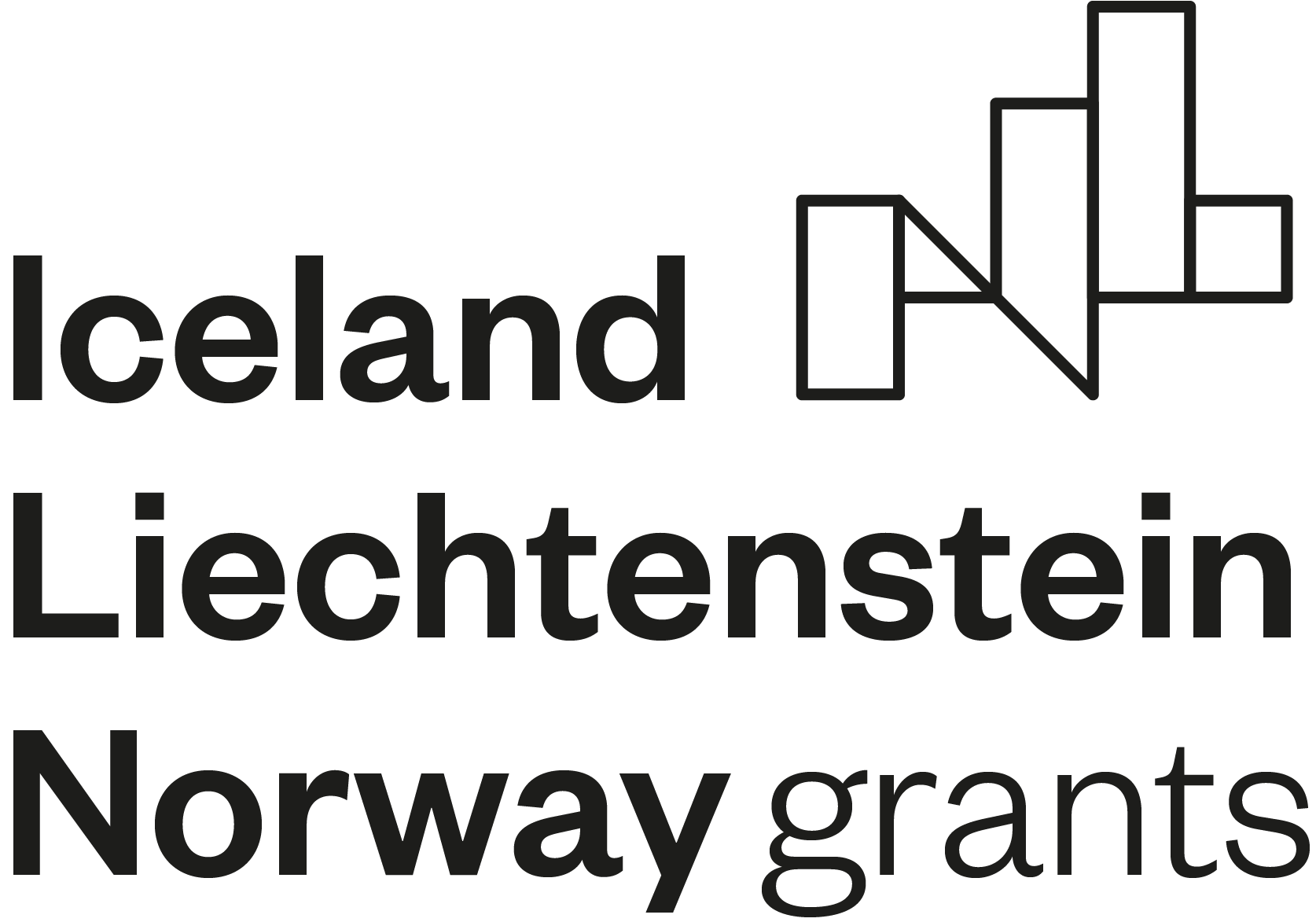Topic
Company culture
What is company culture?
Company culture refers to the shared values, beliefs, practices, and behaviors that define the overall atmosphere and environment within a workplace. It's the collective identity of a company and influences how employees interact with each other, approach their work, and align with the organization's mission and goals.
Why is company culture important?
A
strong company culture can have several benefits, including
higher employee morale, increased productivity, improved retention rates, and a more attractive reputation for both potential employees and customers. On the other hand, a negative or toxic culture can lead to low employee satisfaction, high dropout rate from the company, and a tarnished reputation.
Developing and nurturing a positive company culture requires intentional efforts from
leadership, as well as active participation from employees. It's an ongoing process that evolves as the company grows and adapts to changing circumstances.
Company culture is vital for employers due to several reasons:
- A positive culture boosts employee commitment and enthusiasm, leading to better performance and productivity.
- Employees are more likely to stay in a company with a culture that aligns with their values and needs.
- A supportive culture enhances teamwork, innovation, and efficiency.
- A strong culture attracts top talent, increasing the quality of new hires.
- A positive atmosphere improves job satisfaction and overall happiness.
- Culture that encourages risk-taking and creativity drives innovation and adaptability.
- A healthy culture enhances the company's image among clients, partners, and potential employees.
- Culture impacts how teams work together, fostering cooperation and cohesion.
- A culture promoting work-life balance benefits employees` mental and physical well-being.
- Companies with strong cultures tend to withstand challenges and evolve successfully.
- Culture reinforces shared goals, ensuring everyone works towards the same vision.
- Culture guides ethical behavior, leading to responsible business practices.
Company culture serves as the cornerstone of an organization, shaping its identity and influencing the dynamics that define the workplace. A positive and intentional culture not only cultivates higher levels of employee commitment, enthusiasm, and productivity but also plays a pivotal role in attracting and retaining top talent. It catalyzes collaboration, innovation, and efficiency, fostering a working environment where individuals thrive and contribute meaningfully. Beyond the internal realm, a strong company culture enhances the organization's image, fortifying its relationships with clients, partners, and potential employees.
share this
Related Articles
©2024
Financing the project Project EOG/21/K3/W/0060 (VET 4.0. - system for training a new generation of practitioners) benefits from a grant of 127,100 euros received from Iceland, Liechtenstein and Norway under the EEA Funds. The project aims to develop innovative approaches to help students, educators, VET schools, VET institutions and businesses to collaborate effectively in preparing the younger generation for the job market 4.0.








